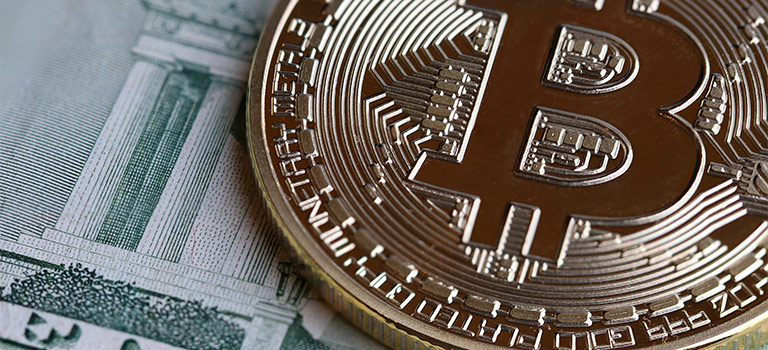PALO ALTO, Calif. (Reuters) - The Federal Reserve is taking a look at a broad range of problems around digital payments and currencies, including policy, design and legal considerations around possibly issuing its own digital currency, Governor Lael Brainard said on Wednesday. Brainard's remarks recommend more openness to the possibility of a Fed-issued digital coin than in the past." By transforming payments, digitalization has the potential to provide higher worth and benefit at lower expense," Brainard said at a conference on payments at the Stanford Graduate School of Organization.
Reserve banks globally are the fedcoin discussing how to manage digital financing innovation and the distributed journal systems used by bitcoin, which promises near-instantaneous payment at potentially low expense. The Fed is developing its own round-the-clock real-time payments and settlement service and is currently examining 200 comment letters submitted late last year about the proposed service's style and scope, Brainard said.

Less than two years ago Brainard informed a conference in San Francisco that there is "no engaging demonstrated requirement" for such a coin. But that was before the scope of Facebook's digital currency ambitions were commonly known. Fed authorities, consisting of Brainard, have actually raised concerns about consumer protections and information and personal privacy risks that could be posed by a currency that could enter use by the third of the world's population that have Facebook accounts.
" We are working together with other reserve banks as we advance our understanding of reserve bank digital currencies," she stated. With more countries checking out providing their own digital currencies, Brainard said, that includes to "a set of reasons to likewise be making sure that we are that frontier of both research and policy development." In the United States, Brainard stated, issues that need study include whether a digital currency would make the payments system safer or easier, and whether it could present monetary stability risks, including the possibility of bank runs if money can be turned "with a single swipe" into the main bank's digital currency.
To counter the monetary damage Visit this link from America's unprecedented national lockdown, the Federal Reserve has actually taken extraordinary actions, consisting of flooding the economy with dollars and investing directly in the economy. The majority of these moves received grudging approval even from lots of Fed skeptics, as they saw this stimulus as required and something only the Fed could do.
My new CEI report, "Government-Run Payment Systems Are Hazardous at Any Speed: The Case Against Fedcoin and FedNow," details the threats of the Fed's current prepare for its FedNow real-time payment system, and proposals for main bank-issued cryptocurrency that have been dubbed Fedcoin or the "digital dollar." In my report, I talk about concerns about privacy, data security, currency adjustment, and crowding out private-sector competition and development.
Advocates of FedNow and Fedcoin say the government should develop a system for payments to deposit quickly, instead of encourage such systems in more info the https://jeff-brown-recommendation-final-phase-of-5g-boom.autoinsurancehoustontx.net/page/legacy-legacy-research-reviews-qedDFvJP4jri private sector by lifting regulatory barriers. However as kept in mind in the paper, the economic sector is providing an apparently endless supply of payment technologies and digital currencies to solve the problemto the level it is a problemof the time gap in between when a payment is sent out and when it is received in a savings account.
And the examples of private-sector innovation in this location are lots of. The Clearing read more House, a bank-held cooperative that has been routing interbank payments in different kinds for more than 150 years, has actually been clearing real-time payments given that 2017. By the end of 2018 it was covering 50 percent of the deposit base in the U.S.